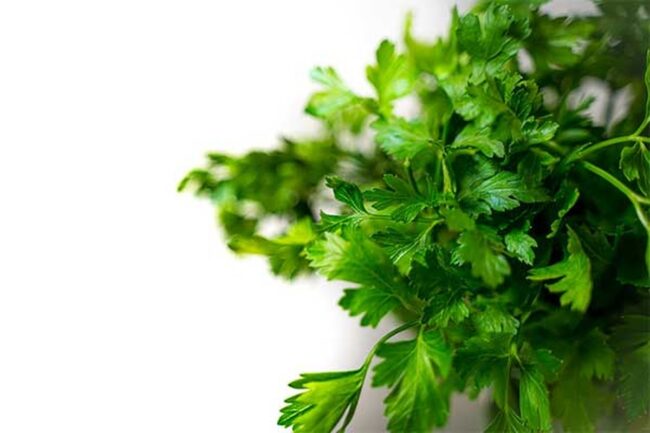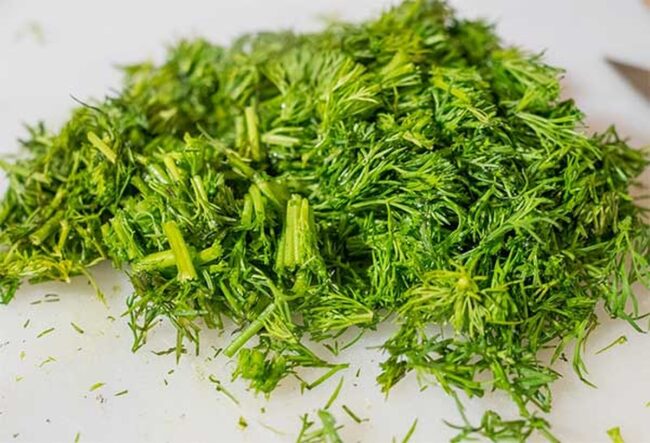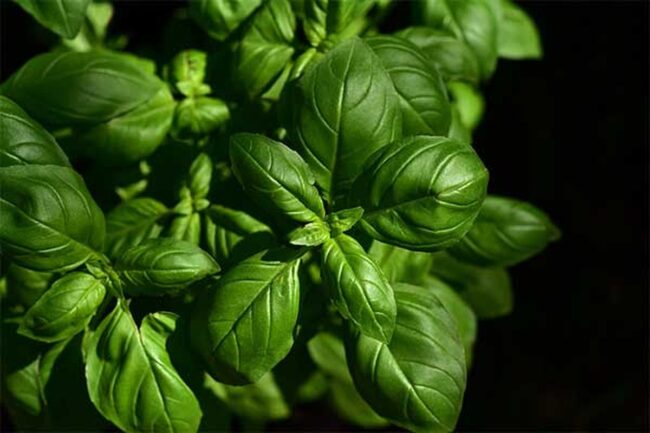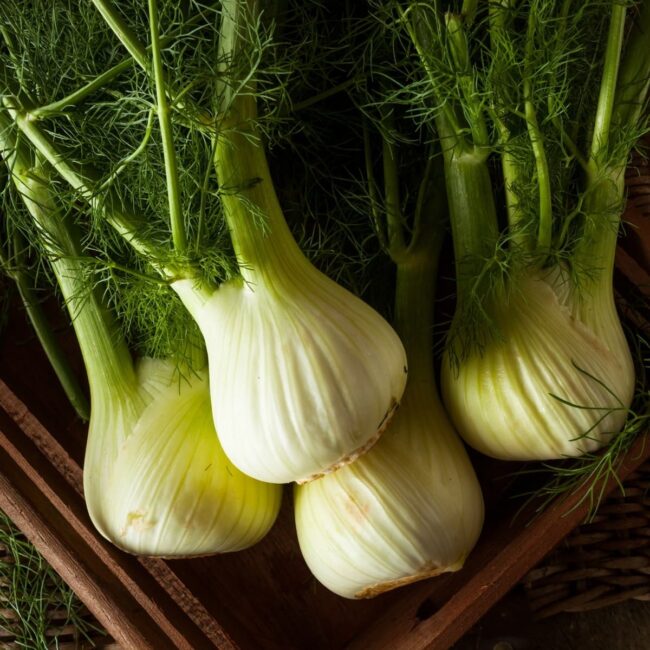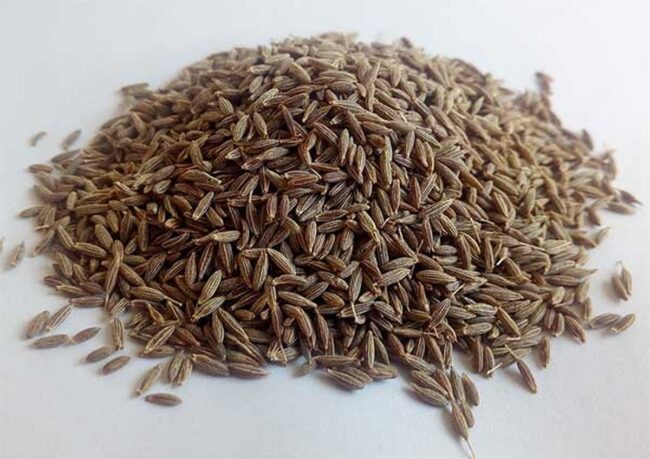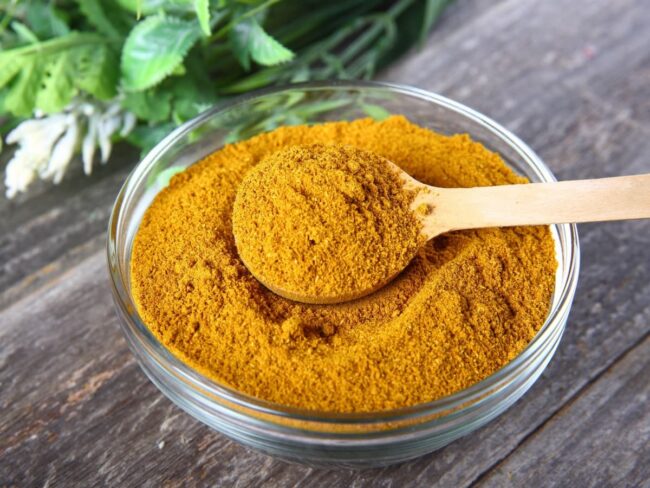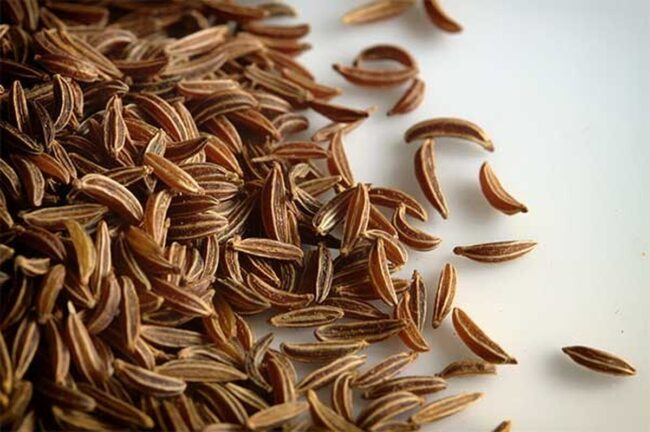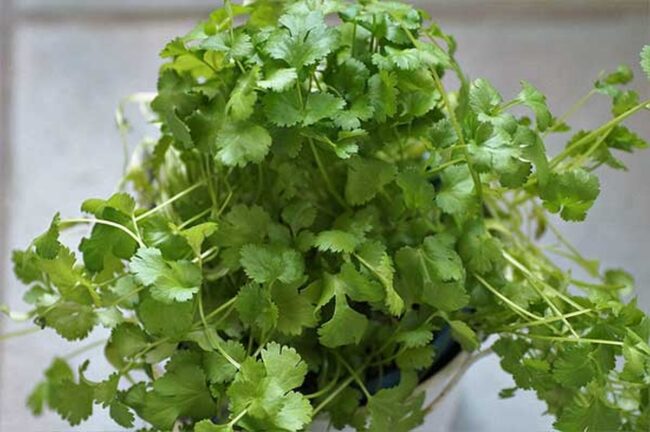9 Best Coriander Substitutes You’ll Love
Replacing coriander is straightforward with ingredients that deliver comparable flavor and aroma.
These substitutes bring the fresh, citrusy essence coriander adds to dishes, keeping your recipes balanced and delicious.
Each option offers a unique element, allowing you to adjust the flavor profile to suit your needs.
Minor tweaks in quantity ensure the overall taste remains consistent.
Coriander Alternatives to Keep Your Recipes on Track
Coriander alternatives provide the citrusy and earthy notes your recipes need. Learn which options best replace its unique flavor in savory or sweet dishes.
Parsley
Parsley serves as an excellent alternative to coriander leaves, offering a similar appearance without compromising the dish's texture.
Its mild flavor profile introduces freshness while steering clear of the more pronounced notes that coriander brings.
This herb enhances dishes subtly, allowing other ingredients to shine through rather than overwhelming them.
Ideal for those who prefer a gentler taste, parsley blends seamlessly into recipes without dominating the overall flavor.
With its vibrant green hue and versatile nature, this substitute elevates culinary creations effortlessly and invites creativity in every meal you prepare.
Dill
Dill serves as a fantastic alternative to coriander leaves and seeds, bringing its own distinct characteristics.
With a fresh and slightly peppery taste, it caters well to those who appreciate the unique flavor profile of coriander without the soapy notes.
The texture of dill sets it apart; its long, fluffy leaves offer a different experience than the flatness of parsley or coriander.
While dill softens when cooked, it retains more structure compared to other herbs due to its delicate nature.
Using dried dill can yield similar results in texture when substituting for dried coriander, maintaining consistency in your dish's overall feel.
Basil
Basil offers a distinct flavor that leans toward pepperiness, setting it apart from other herbs like coriander.
Its aromatic qualities add depth to various dishes, although it may not be as fragrant as coriander.
The thickness of basil leaves provides a unique texture; they can be cut or torn with ease while still offering a slight chewiness when fresh.
Cooking basil transforms its structure, allowing it to wilt and integrate beautifully into meals, similar to how coriander behaves under heat.
When dried, the similarities in texture between basil and dried coriander become even more pronounced, making both versatile options for seasoning your culinary creations.
Mixed Herbs
Dried herbs bring convenience to any kitchen.
Checking that jar of mixed herbs might reveal coriander among other flavorful options.
This blend works wonders in various dishes, particularly those rich in tomatoes like Bolognese or ratatouille.
Using Italian mixed herbs could reduce the likelihood of finding coriander, yet it still packs a punch with its aromatic combination.
Experimenting with these blends allows for creativity without the need for strict recipes; just sprinkle and savor!
Fennel
Fennel offers a unique twist in the kitchen, bringing an aromatic and peppery profile that’s distinct from coriander.
As a vegetable, its bulbous shape and crunchy texture set it apart from typical herbs.
The leaves resemble dill but carry milder notes that complement various dishes when finely chopped.
With flavors reminiscent of aniseed, fennel can dominate the taste of a meal if not used thoughtfully.
Roasting enhances its sweetness while allowing you to experiment with different cooking methods for added depth in flavor without overwhelming your recipe.
Cumin
Cumin serves as an excellent alternative to coriander seeds when needed.
While it carries a more bitter profile and lacks the sweetness of coriander, its aromatic essence enhances dishes remarkably.
A touch of parsley leaves can complement cumin's bitterness, introducing a refreshing balance to your meals.
This combination enriches flavors without overwhelming your palate.
Experimenting with these spices opens up new culinary avenues for you to explore in the kitchen!
Garam Masala
Garam masala serves as a versatile blend, elevating the flavors of various dishes, particularly in curries.
This mixture combines several spices such as bay leaves, cinnamon, cloves, and cumin to create a rich taste profile.
Finding garam masala with coriander included simplifies cooking by reducing the need for additional ingredients.
If you seek an alternative without coriander's distinct flavor, it may be more efficient to purchase individual spices instead of searching for that rare blend.
Experimenting with this spice mix can lead to exciting culinary adventures in your kitchen!
Curry Powder
Curry powder serves as a handy alternative to coriander seeds, especially when you’re in need.
Different curry powders vary in flavor profiles, yet many share aromatic qualities that echo those of coriander.
A blend of spices like fenugreek, turmeric, ginger, and chili creates a rich tapestry of taste that can elevate any dish.
The synergy among these spices often tempers the sharpness associated with coriander seeds while still delivering an inviting warmth.
For those seeking substitutes beyond curry powder or cilantro leaves, cumin stands out as a reliable option to explore further for your culinary adventures.
Caraway
Caraway stands out for its distinct flavor profile, reminiscent of coriander seeds rather than the leaves.
Often found in dried form, this herb delivers a strong aromatic experience that can enhance various dishes.
Belonging to the Apiaceae family, it shares common traits with fennel and parsley, all rich in essential oils that contribute to their unique tastes.
When seeking an intense flavor boost in your cooking, caraway serves as an excellent choice for elevating meals.
Its versatility allows you to experiment with different cuisines and recipes effortlessly; you might just discover a new favorite ingredient along the way!
Final Summary
Finding alternatives for coriander seeds and leaves opens up a world of flavor experimentation.
Certain herbs, like basil and parsley, can seamlessly replace coriander without altering the dish's essence.
Others may introduce unexpected taste profiles that could clash with your culinary vision.
Understanding each herb's unique flavor is essential to achieving the desired outcome in your recipe.
Dive into research to ensure that every ingredient harmonizes perfectly on your plate.

